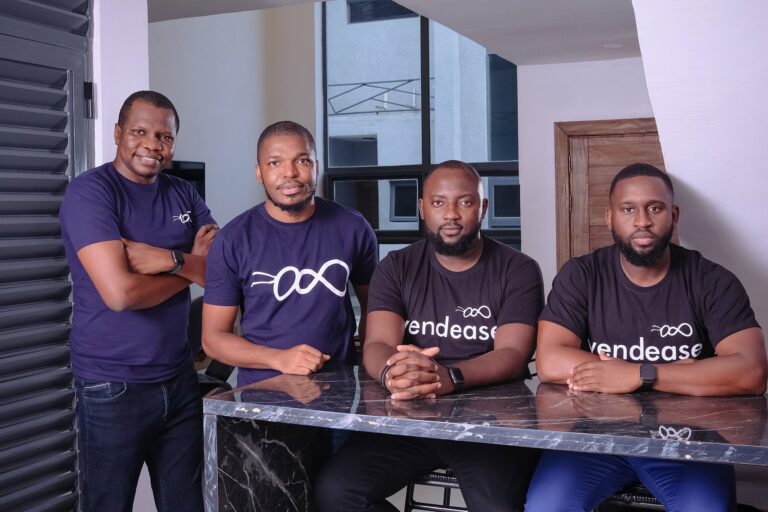In March 2025, Nigerian food-tech startup Vendease came under scrutiny following a major restructuring of its pay structure and mounting financial troubles. As first reported by TechCrunch, the company announced sweeping salary cuts that placed all employees on a flat ₦140,000 monthly wage, regardless of their previous earnings. This move was the first phase in a five-step recovery plan, promising a return to full salaries by December 2025, based on performance.
However, internal sources revealed to Techpoint Africa that the announcement—made during a February staff meeting—caught employees off guard. Many had assumed the September 2024 layoffs were sufficient to stabilize the startup. Workers were instructed to sign revised contracts under strict deadlines, but no one agreed to the new terms initially.
Management later presented an alternative: employees would contribute ₦140,000 from their salaries to an Employee Stock Option Pool (ESOP). While this seemed more acceptable to many, issues soon emerged. The company delayed February salaries, paid all workers ₦140,000 in March, and halted operations until mid-April.
CEO Olumide Fayankin stated that February payments would be settled by August, and that weekly updates and escrow safeguards were being put in place to avoid future delays. But employees also alleged a breach of the ESOP agreement. Initially, 50% of the shares were to vest by December 2025, with the rest over three years. They were later told all shares would now vest after four years.
Root of the Crisis
Sources trace Vendease’s troubles to its first major funding round. The startup, which initially thrived in the HoReCa (Hotels, Restaurants, Cafés/Catering) segment, shifted focus to a commercial model in January 2023, abandoning its core high-margin business without a proper transition plan. This move led to unplanned layoffs—some communicated via midnight termination emails—and the replacement of early staff with external hires, stifling internal career growth.
In the process, supply chain staff were abruptly reassigned to sales roles, and the company began to fall behind on payments to suppliers. Vendease now reportedly owes ₦60 million to vendors and ₦1.5 billion to Wema Bank. Documents reviewed by Techpoint confirmed supplier payment defaults, even in cases where customers paid Vendease directly.
Lavish Spending Amid Losses
Despite its financial woes, insiders claim that the company’s founders maintained extravagant lifestyles. Each co-founder allegedly earned $12,500 monthly, a salary structure that persisted even before the company secured its Series A funding in 2022 and continued into late 2024. These salaries excluded additional perks and benefits.
Fayankin responded by saying that the company is now renegotiating structured repayments with creditors and working to refinance debts with Wema Bank.
Former employees who opted out of the revised salary structure are also awaiting overdue payments.
Leadership and Vision Shift
In a bid to stabilize the company, Vendease brought in Mohamed Chaudry as CFO/COO in early 2024, tasking him with financial restructuring and staff reductions. Chaudry reportedly left by January 2025 after the company failed to sustain his $15,000 monthly compensation. Another executive was said to have earned ₦5 million monthly during this period.
By April 2025, founding CEO Tunde Kara recommended shutting down the business to settle debts but was replaced when the suggestion was overruled. Fayankin, then COO, took over as CEO.
Kara’s vision of building a hardware-software-payment solution platform for food businesses never materialised. The platform failed to gain traction, with clients opting for existing software tools to avoid disruptions. Still, Vendease claims it is pivoting to an asset-light model, focusing on inventory and payments software, credit services, and third-party logistics.
Despite these ambitions, the road ahead remains uncertain. The company faces the dual challenge of regaining stakeholder trust while building a sustainable food-tech platform. Employees, suppliers, and former partners continue to await the fulfillment of outstanding obligations—and clarity on what comes next.

